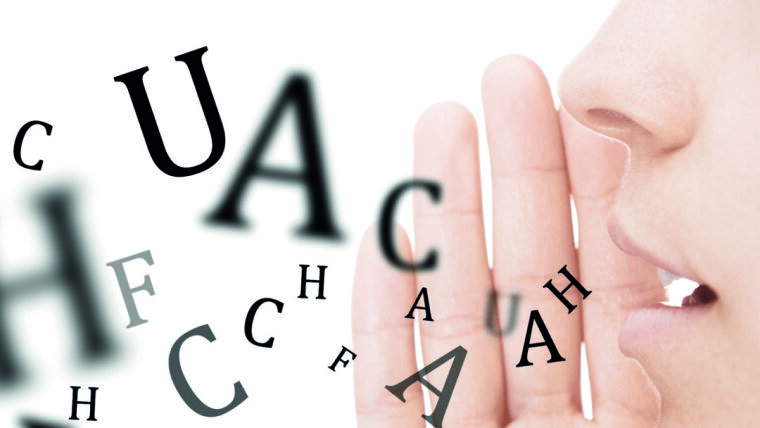
‘Everything we are, we are in communication’ (K. Jaspers)
Gender equality is a central goal of Friedrich Schiller University Jena. It is achieved by acting in a way that considers the interests of all genders equally and fairly. In this context, we cannot ignore the most important medium of social action: language.
Language is not a rigid structure, but changes with our society. It reflects social developments through new terms and contemporary ways of writing and speaking.
By using gender-neutral wording, we can ensure that all genders are treated fairly in terms of language. It is empirically proven that women and men are equally ‘thought of’ when both genders are mentioned (pair form) and when terms include gender markers such as slashes, asterics or colons (in German). Accordingly, the Presidential Board specifies the following language usage for official documents at the university and also recommends
In texts and speeches:
- gender-neutral wording (e.g. Anwesende, Kollegium, Team, Mitarbeitende, Personal)
- pairing, i.e. using both feminine and masculine forms, e.g. Mitarbeiterinnen und Mitarbeiter—in statutes and regulations also ‘die Dekanin/der Dekan’
In forms:
- gender-neutral wording (e.g. Studierende, Promovierte, Sachverständige)
- term splitting (e.g. Mitarbeiter/in, Expert/inn/en)
Practical tips for using gender-inclusive language in German
- information leaflet: ‘Fair in der Sache – Fair in der Sprache. Zur Verwendung geschlechtergerechter Sprache an der Friedrich-Schiller-Universität Jena’pdf, 348 kb · de
- Genderleicht.deExternal link — This online portal of the German Association of Women Journalists offers recommendations for gender-neutral language (written and spoken), language in media contexts, a dictionary, a text lab, etc.
- Klamt, M. (2016). Handlungsempfehlungen für eine diversitätssensible Mediensprache. External linkGoethe University, Frankfurt.
- Geschickt GendernExternal link — an online tool to produce gender-inclusive and gender-neutral language
- Dudenredaktion (Ed.) (2020). Handbuch geschlechtergerechter Sprache. BerlinExternal link.
Tips on how to address inter*, trans* and non-binary persons are available here de
Practical tips for using gender-inclusive language in English
The United Nations provide resources and recommendations on the use of gender-inclusive language in English, e.g. Guidelines for Gender-Inclusive Language in EnglishExternal link including an overview of best practices and strategies.
